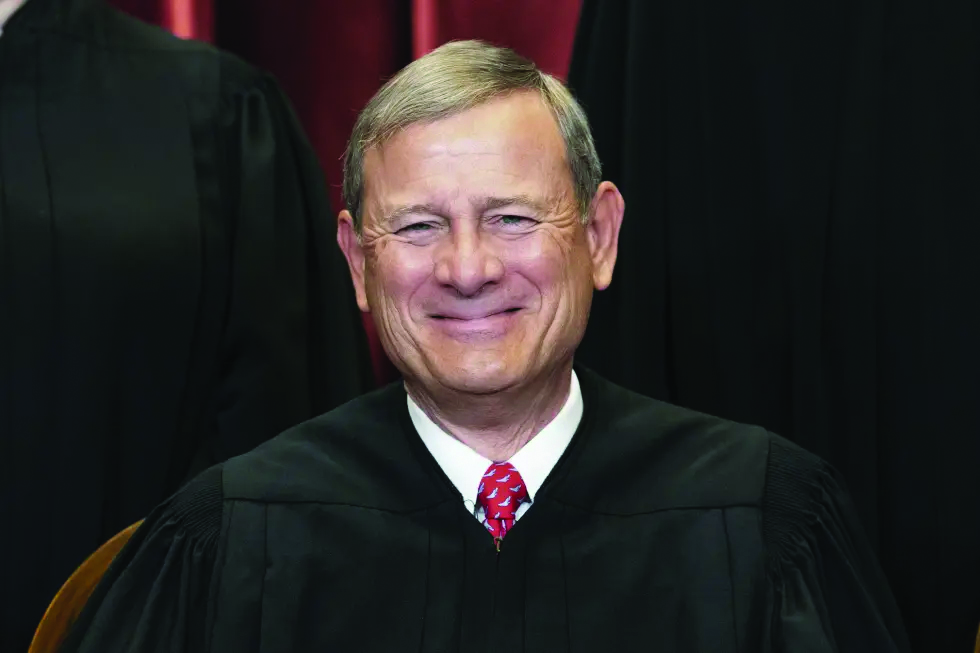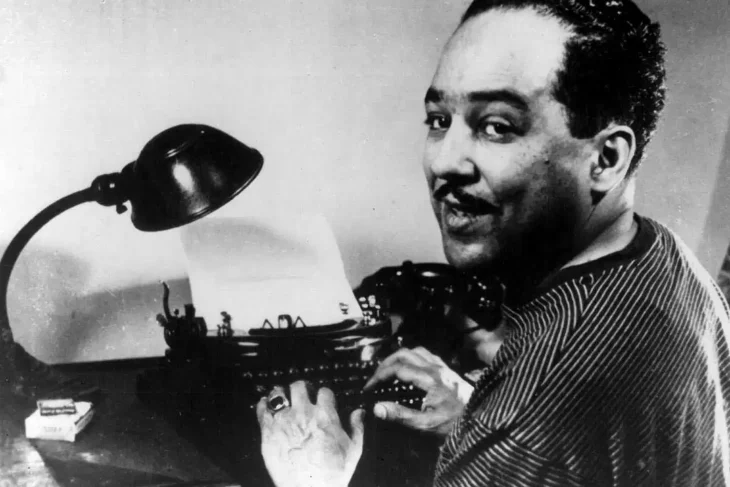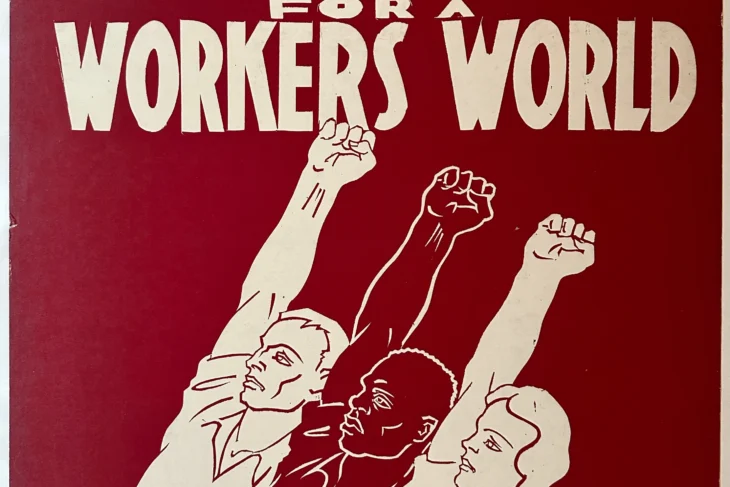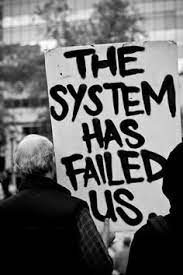
When I was a little boy there was a family that moved into our neighbourhood with children, the oldest being a boy of about my age. I was thrilled at the prospect of having another boy to romp along with my younger brother. The family seemed normal enough, but as time went by things proved otherwise.
The family was not all that it seemed, and neither was the boy. He was no saint. To be honest, no child is. We all had to be disciplined. And so, many times when children habitually err the blame must be laid, squarely, at the feet of their parents. This happened to be the case with my newly minted playmate.
My family and the neighbourhood soon came to realize that no matter what that boy and his siblings did, they could do no wrong. The first time that I recall getting a taste of that was when the mother, with the boy in tow, came over to our house to complain to my father about me. She asserted, falsely, that I had treated her son outrageously one afternoon on the nearby playing field. She also alleged that I had not only threatened her son with violence, but that I had also told others not to play with him. She said that she had witnessed the whole thing from the distant confines of her house which, like our house and that of others on that section of the road, formed a part of the perimeter of that huge playground. Needless to say, I was in a state of shock as I had no recollection of the incident.
I cannot recall how that meeting ended, but I was not punished by my father. On another occasion, a toy that was purchased one Christmas, by our housekeeper, went missing. It was a little white plastic lamb on wheels that my brother could pull behind him with a string. I remember it well because I, too, got a similar toy. The housekeeper was most disturbed about the vanishing, as was my younger brother. Her suspicion led her to the neighbour’s house and, low and behold, there was my brother’s little lamb. A slight adjustment had been made to the mouth with, perhaps a knife, where it was originally fused.
Protest was made by the mother, who said that it belonged to her children. But the housekeeper would have none of it, and the toy was duly rescued and returned to its rightful owner. That sort of thing was routine for the boy and his mother.
Fast-forward a few years, the behaviours of the boy and of his mother spread to the village. Word came to the housekeeper one day about how the mother was summoned to the police station. Upon arrival, she was informed that her son had broken into and had stolen items from a hardware store. I believe that they pointed to tins of paint which were recovered from the theft. As was expected, she swore up and down that her son had never and would never have done such a thing. The officers calmly listened to her impassioned remonstrations before they led her to the jail cell where her child was being held. Ne’er another word in English was uttered by her on the matter. And that served her right. The chickens had come home to roost.
The ordeal with my former neighbours came to mind after having been made aware of a particular item of news that was published a few months ago. In June 2023, the US Supreme Court upheld a decision ordering the State of Alabama to redraw its congressional map, but state Republicans ignored the mandate issued by the court under Chief Justice John Roberts. The news media was awash with such news headings as: “Alabama Is Defying the Supreme Court on Voting Rights”, “60 Years Later, Alabama Lawmakers Defy the U.S. Supreme Court Again”, “How Alabama Plans To Beat the Supreme Court at Its Own Game”, “Alabama Republicans refuse to draw a second Black congressional district in defiance of the Supreme Court”, and “Will Alabama be allowed to defy the Supreme Court?”
The headlines smacked of disrespect for the authority of the court. But why, how and when did Alabamans develop the nerve to display such effrontery? By reading one of the news headlines, it was evident that it was a habit which predated the Roberts court. But, as to what factors emboldened them to behave as they did in recent times, that was another matter. Before I address those questions directly, one of the above articles will serve to describe the current crisis.
The Guardian online publication summed up the situation in the following manner on September 1, 2023:
“Just a few months ago, the US Supreme Court issued one of its most surprising rulings in recent memory. In a 5-4 decision in Allen v Milligan, the court said Alabama’s congressional map violated the 1965 Voting Rights Act because it diluted the influence of Black voters, who make up about a quarter of the state’s population but comprise a majority in just one of Alabama’s congressional districts. The justices upheld a lower court’s decision ordering Alabama to redraw its map ‘to include two districts in which Black voters either comprise a voting-age majority or something quite close to it’. It was widely seen as a major win for the Voting Rights Act, a statute that the US Supreme Court has significantly hollowed out over the last decade. It was a victory that was supposed to give the Black belt, a historically Black region in the state that is among the poorest in the US, better representation in Washington.
The statute, a landmark of the civil rights movement, has been critical in increasing Black representation at all levels of government across the US. But when Alabama’s Republican-controlled legislature convened just a few weeks later, they ignored the mandate. Their new map still included just one majority Black district. It increased the percentage of Black voters in a second district to be around 41% Black, but continued to crack the Black belt, a historically Black region that stretches across the middle of Alabama, into multiple districts.”
As was indicated, Alabama has a long history of racist policies which survived the aftermath of the Civil War and the decade-long period known as Reconstruction. When the Federal Government relaxed its squeeze on the racist tendencies of the defeated South, it was replaced by Restoration, which established racist segregationist policies and that included the disenfranchisement of Afro-Americans.
Such things as the infamous poll tax and literacy tests were the legal means used towards voter suppression, along with voter intimidation and lynching. Alabama was one of nine states which continued to stick out as sore thumbs even after much ground towards racial equality was gained during the Civil Rights movement. But old habits, despite the best of intentions and the most consequential pieces of legislation, sometimes die hard. And people like Chief Justice Roberts, whether through genuine ignorance or subterfuge, are often the means by which some in society stymie or roll back such gains that were made. The irony is that sometimes what people do comes back to haunt them in unexpected ways.
One dictionary defines the term “dramatic irony” as: a literary technique, originally used in Greek tragedy by which the full significance of a character’s words or actions are clear to the audience or reader although unknown to the character.” In the case of Justice Roberts, it was reasoning, written by, him which contributed to the newest wave of defiance on the part of rogue state legislators. In a Supreme Court majority decision, he helped to eviscerate key provisions contained in a federal law that was enacted to protect the rights of Black voters.
The irony was deepened by the fact that it was a case that was brought before his very court by citizens of the very State of Alabama, in Shelby County versus Holder. The court made its decision on June 25, 2013. It served as the catalyst. Someone might ask“Who let the dogs out?” Well, beyond a shadow of a reasonable doubt it was none other than the Chief Justice himself. He reopened a rusted, racist kennel gate, and oiled it against the backdrop of cogent facts and the clear enumerated powers of the Congress.
It was he who had sworn up and down for the Alabamans. It was he who had asserted that they had changed, and that they had left their racist ways behind them. It was he who had sanitized and dressed them up in a suit of respectability. But he was so very wrong.
Federal law required that the nine states which were known to routinely defy the Constitution, by creating state laws to suppress voting rights, make presentations of all proposed legislation to the Department of Justice (DOJ) for review. The states in question were Alabama, Alaska, Arizona, Georgia, Louisiana, Mississippi, South Carolina, Texas and Virginia. The process was called “preclearance”, which had been renewed by the Supreme Court multiple times before Shelby, because of its effectiveness. The court determined, without legal precedent, without textual evidence, and against compelling history, that such a provision as preclearance was no longer needed. It also contended that the data used to assess the states’ behaviours were old and outdated and no longer of relevance, although both houses of Congress, with a bipartisan vote in the Senate of 90-0 and in the House of Representatives of 390-33 supported its renewal.
The mountain of evidence which was available at the time of Shelby, which underscored the need for preclearance’s renewal, was inexplicably ignored. Who let the dogs out? It was the Chief Justice and his conservative colleagues on the bench, who claimed to be adherents of a highly radical and controversial legal theory, used to interpret the Constitution, called “Originalism”. The term is contrary to what it suggests, being as original as grape-nut ice-cream, to paraphrase one preacher, which is neither grapes nor nuts.
Since that infamous ruling, the country has witnessed the passage of a rash of state election laws, some of which the DOJ had rejected in the past, which are clearly designed to suppress the vote. Chief Justice Roberts’ response in favour of Alabama back in 2013 was no different from that of the mother of my former playmate. And as others in the community ended up getting inconvenienced because she refused to take him in hand, the same can be said of the Roberts court in the case of Shelby County versus Holder.
The Chief Justice threatened national security by his actions, and he insulted the intelligence of all Americans. It was Ayn Rand who said that: “The hardest thing to explain is the glaringly evident which everybody has decided not to see.” That could be used to describe Chief Justice Roberts in Shelby. It was the Chief Justice who brought shame upon his own court, by refusing to see and by refusing to act upon what was patently obvious at the time.
The late Justice Ruth Bader Ginsburg’s dissent in Shelby, one of her most notable dissents, was closer to the facts surrounding that case, far more than that of the tragic farce that was foisted upon the nation by Chief Justice Roberts, et al.
In closing, the following is an excerpt from Justice Ginsburg’s famous dissent in that infamous case:
“The sad irony of today’s decision lies in (the court’s) utter failure to grasp why the (law) has proven effective….[t]hrowing out preclearance when it has worked and is continuing to work to stop discriminatory changes is like throwing away your umbrella in a rainstorm because you are not getting wet.”



